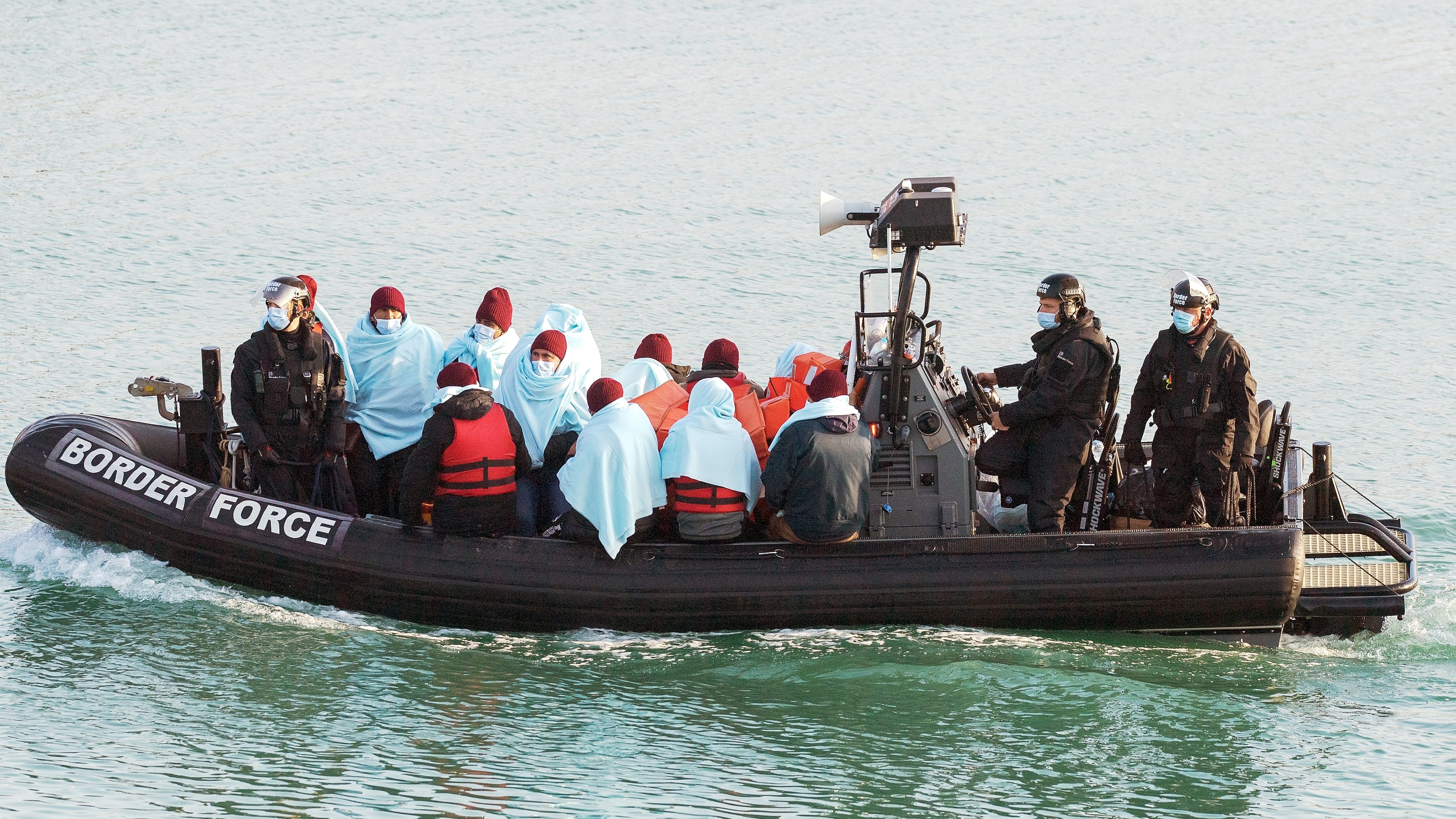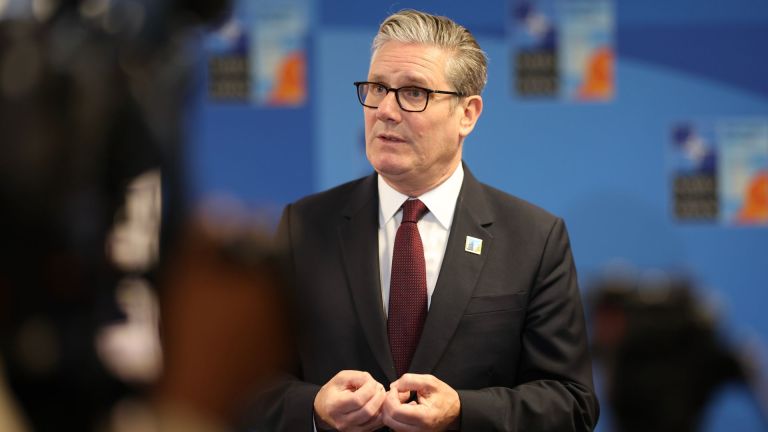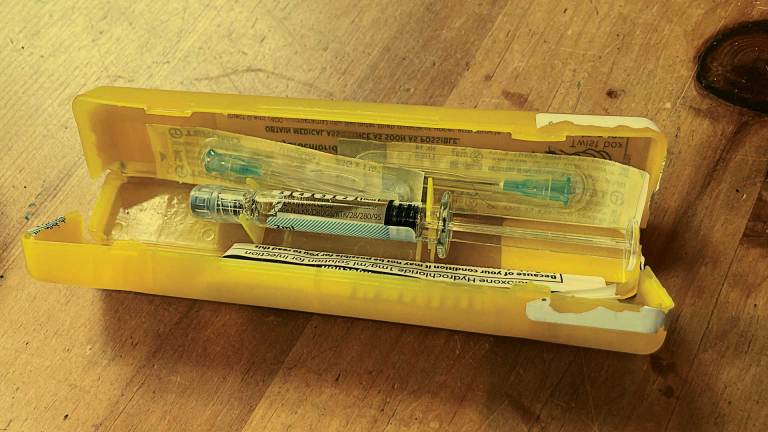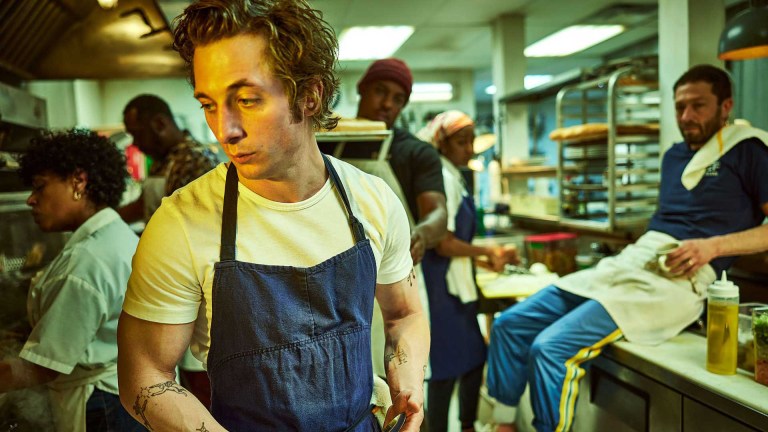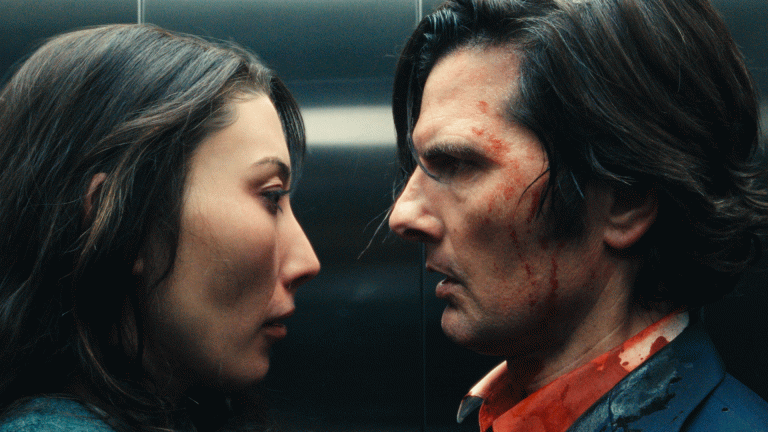I called my house. They told me that my wife was in hospital. My baby was born by caesarean operation, so my wife was not able to talk.
It’s hard to live without your family, alone. I lived in different hotels and in a shared house. We just about managed to buy food, I couldn’t buy anything else for myself.
I know it’s difficult for the government to support all refugees, but if they gave us a work permit, we could help support the government.
After two years, my lawyer called me and said I’d got refugee status. When I was an asylum seeker, I didn’t feel like a member of society, but the day I got my decision that changed. I was in a shopping centre when I got the call. It was amazing. I didn’t believe him at first.
They kicked me out of my accommodation. They gave me around 14 days, they said you have to leave or we will change the locks. They told me to take my stuff to the dining room and changed the locks on my room. I slept for two nights in the dining room.
Now I’m staying with a friend. It’s very difficult because there’s no space. To be honest when they have guests I sometimes sleep in the car. He’s helped me a lot, he’s a good person. And I can work now, I’ve got a job.
It’s very hard living without my wife in a foreign country. Sometimes I feel I have no one. It’s really difficult for my family in Afghanistan as well. My wife is not allowed to go outside alone, even to get milk powder for my kids, she has to ask someone else to get it.
I do the best I can for them here. I call them on the phone. The children are small, they don’t understand. My first daughter, when she answers, her first words are, ‘Where are you, where are you? Come!’ Sometimes, my wife tells me that she’s asks – ‘Everyone has a father, where is ours?’ It’s not easy.
But I can’t find a lawyer to apply for my family reunion – it’s been nearly three years without my wife.
First of all I’d like to say thank you to British people. Some of them understand the situation in Afghanistan. But some people don’t understand. The people who come here are not happy to leave their own country. They are in danger. They came here to save their life. I’d ask you, don’t just see one side – see both sides. People who come here are looking to you as their last chance – they hope you respect humanity.
People hear that we’re coming here for benefits. They can’t imagine that someone might have to leave their own country. But your country is your country, where you live, where you’re born. There are good people and bad people everywhere. The majority of Afghans are good, and if there was no war, no Taliban, we would never come here.
If there’s a legal way for people to come, and for people to join their families, they won’t take the risk – they won’t take an illegal way. If there’s a legal way available, the Home Office will be able to check, and know who they are, and it will be better for UK security too. Most of the family members who want to come are women and children, who are at risk in Afghanistan.
The UK’s broken family reunion system is failing refugee families. A Refugee Council and Safe Passage report this week highlights some simple ways we can improve the system, support families fleeing violence and reduce dangerous channel crossings.
